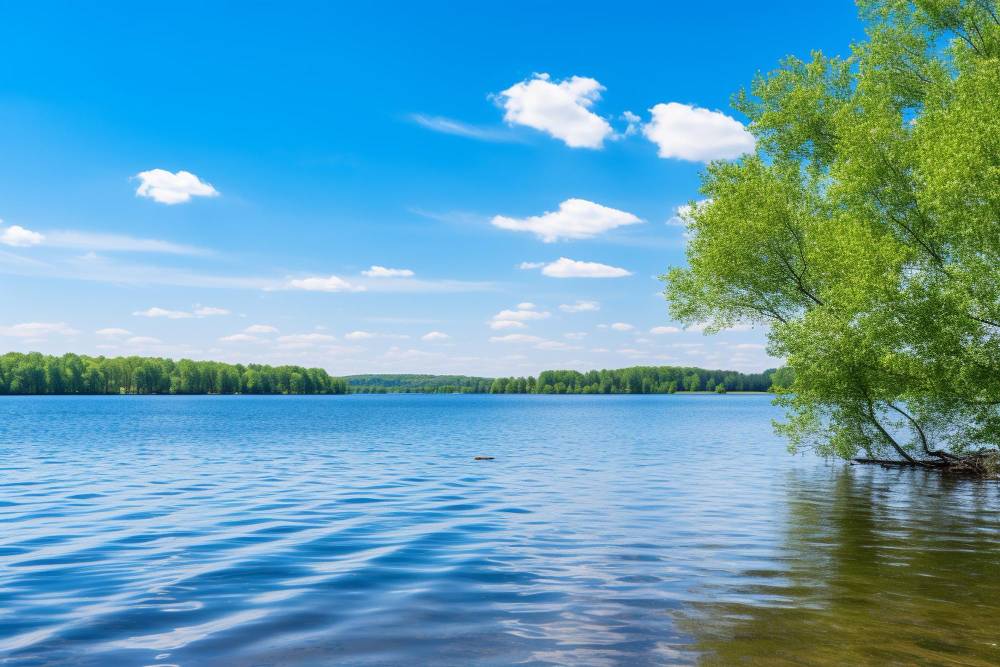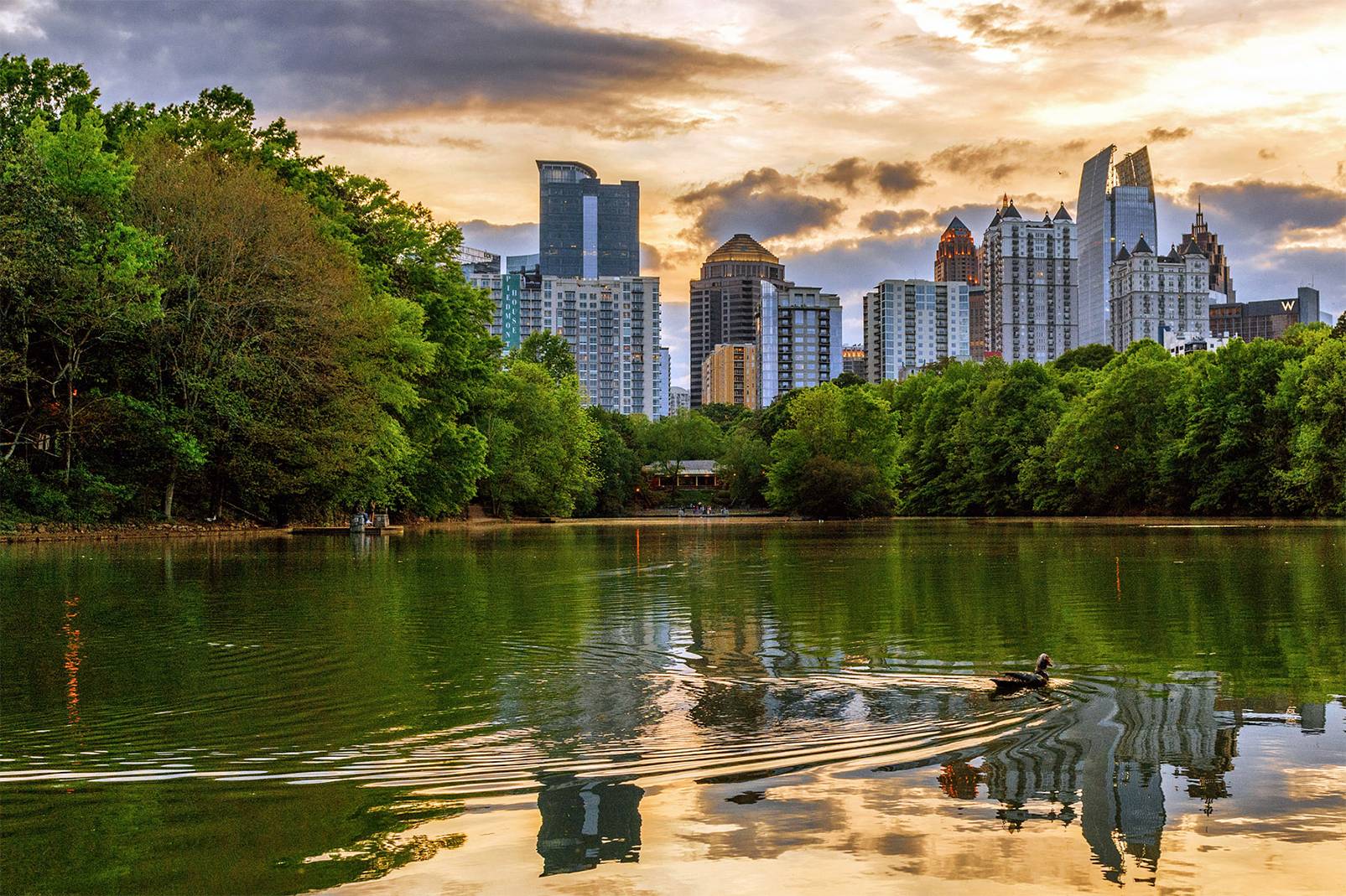
A lake is meant to be a pristine body of water filled with an abundance of wildlife and plants; it should be an idyllic spot to enjoy nature, relax, or entertain guests. Sadly, lakes have stagnant or slow-moving water and this makes them prone to accumulating algae, scum, and other organic debris which can turn your lovely lake into something that looks more like a swamp.
The good news is that lakes can be cleaned and cleared. Whether you’re a hands-on property owner or thinking about bringing in the pond maintenance pros from Aquatic Restoration, there are practical steps that can restore your lake’s pristine appearance.
Before we get into the solutions, let’s understand why your lake water gets cloudy or green in the first place. Understanding these causes will help guide your approach to clearing up the water and preventing the problem from returning.
The fundamental reason why lakes get murky is because they have abysmal circulation. Lakes with poor circulation can become low in oxygen which encourages the growth of algae and harmful bacteria.
That lack of circulation mixed with nutrient runoff and soil erosion from the surrounding area can turn a small issue into a big problem. Fertilizers, animal waste, or decaying organic matter can introduce excess nutrients like nitrogen and phosphorus into the water. This triggers algae growth and muddies the waters.

Now that we understand common causes, you can probably deduce what you need to do to clear the waters. The most effective way is to aerate the water. This involves introducing oxygen to the water. Fountains, diffused aeration systems, or surface aerators are great options for boosting circulation.
You can also reduce nutrient runoff and soil erosion by planting a buffer zone of native grasses and plants. To address the organic material, you can introduce beneficial bacteria that will help break down organic debris like dead leaves and even algae. Of course, it’s also important to reduce fertilizer use.
On tackling algae, floating plants like water lilies, duckweed, and water hyacinth can help by shading the surface and outcompeting algae for the excess nutrients. They can also be a problem when in excess, but these plants are more attractive and their growth should be monitored.
While DIY methods can go a long way in maintaining a clean lake, there are times when calling in professionals can be a game-changer. A lake or retention pond maintenance professional can help by:
In short, professional lake managers can conduct thorough testing before recommending and implementing a management plan tailored to your lake. The specialists at Aquatic Restoration are here to help. Call or message us today to get in touch with a member of our team.
If you own a pond, we don’t have to tell you how irritating mosquitoes can be or how important it…
Dredging is an integral part of keeping lakes clean, healthy, and sustainable. This…
Lake management is an integral part of keeping your lake in peak condition. It involves activities such as lake…
There are many incredible benefits that come with restoring natural lake depth. Not only does it improve water quality…
When it comes to maintaining healthy water bodies, there are two primary methods that are often used: dredging and pond…